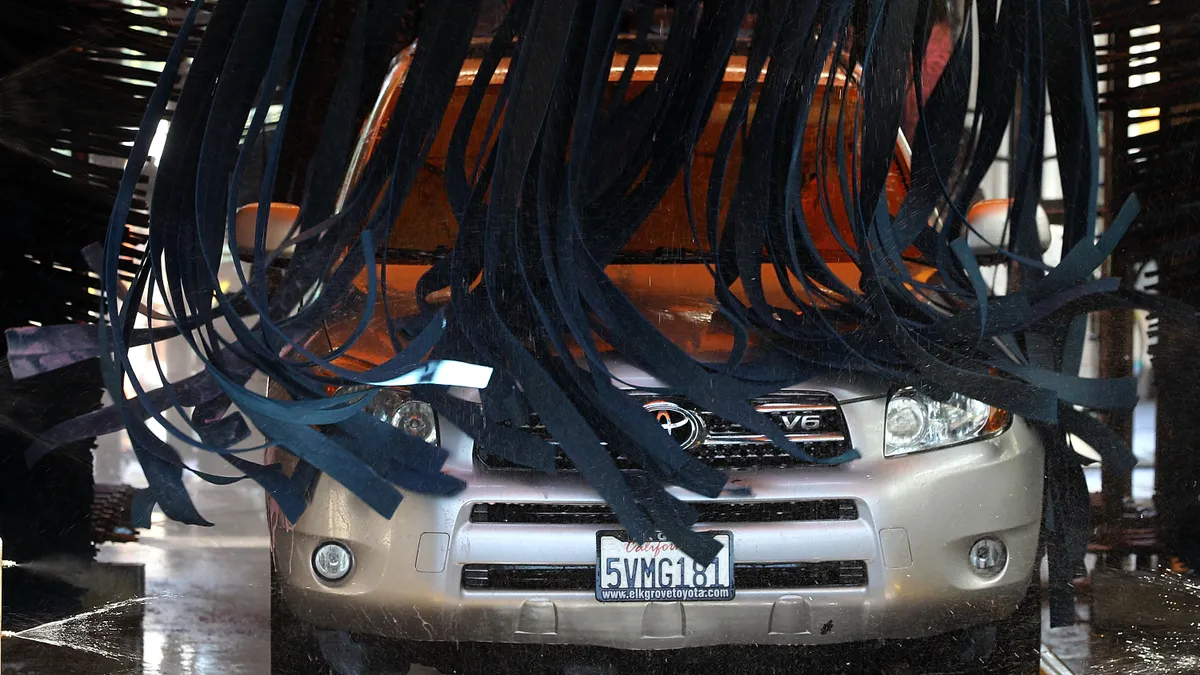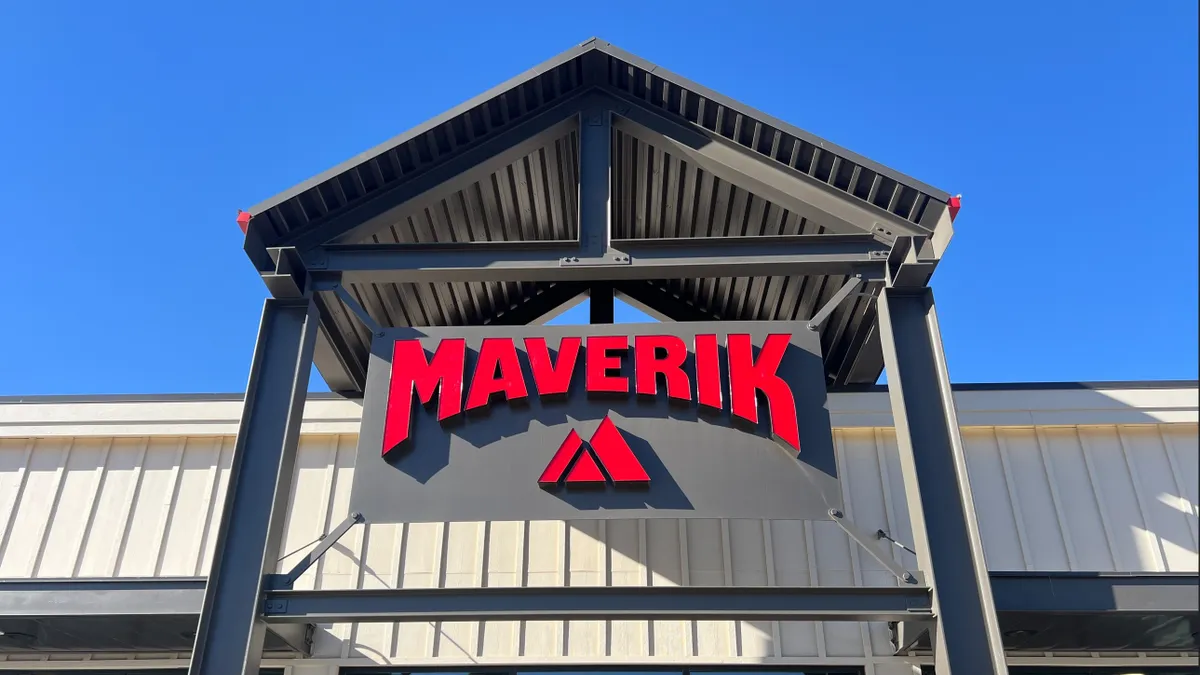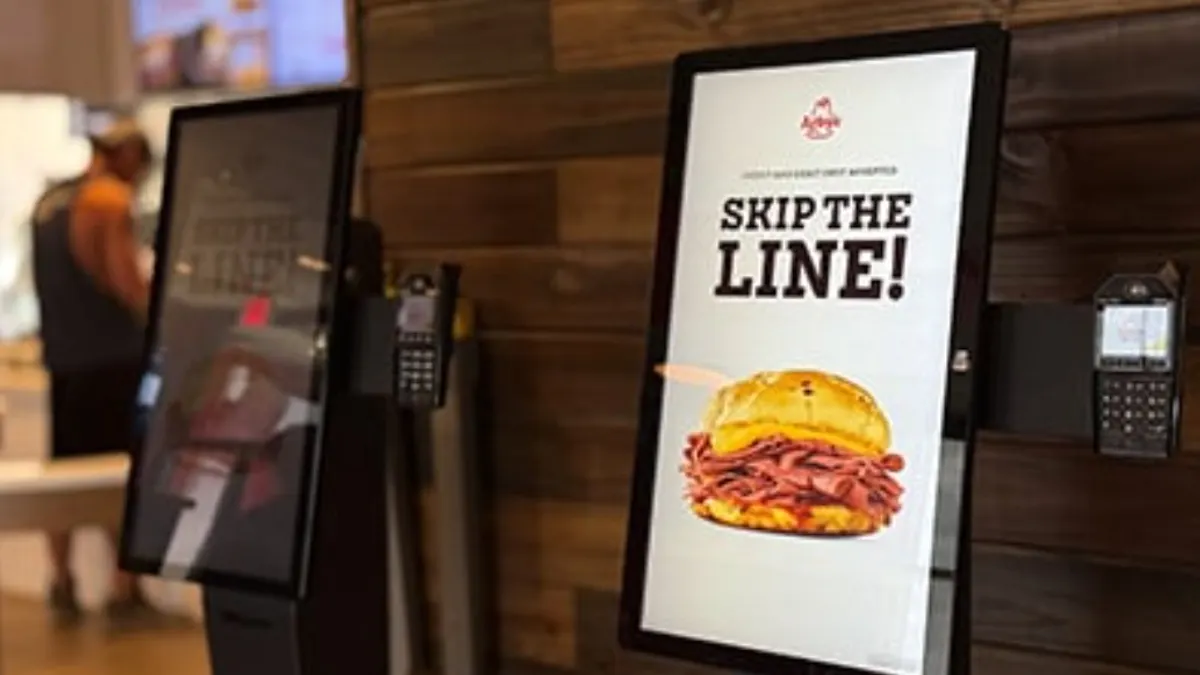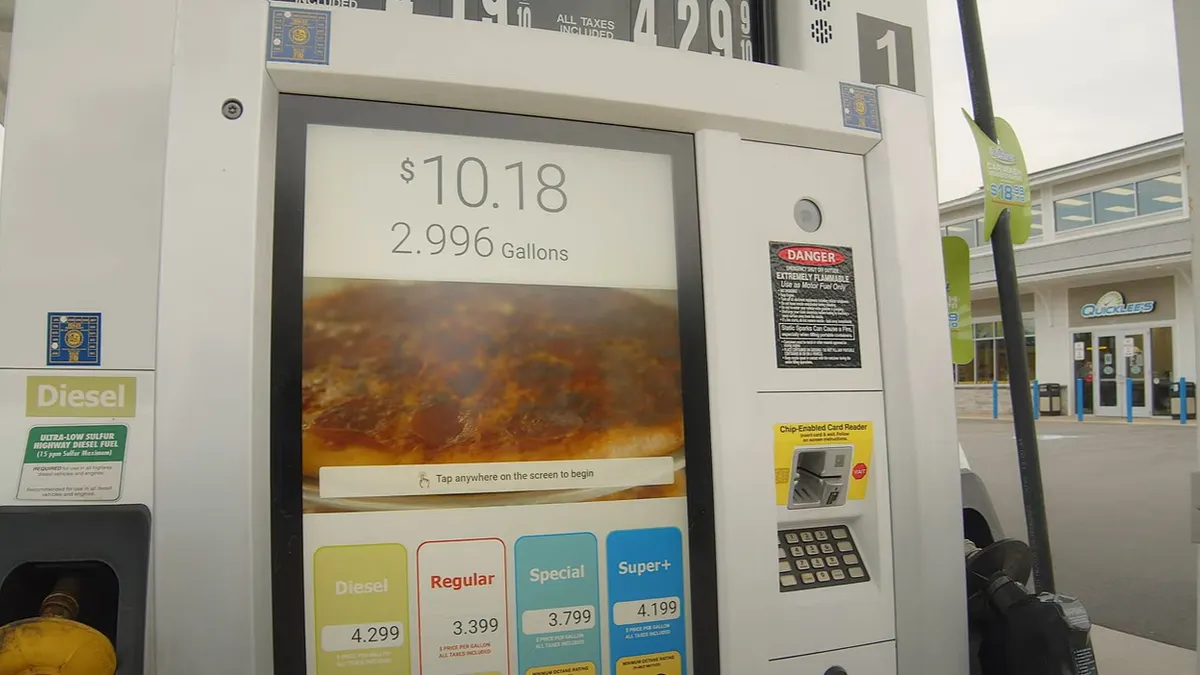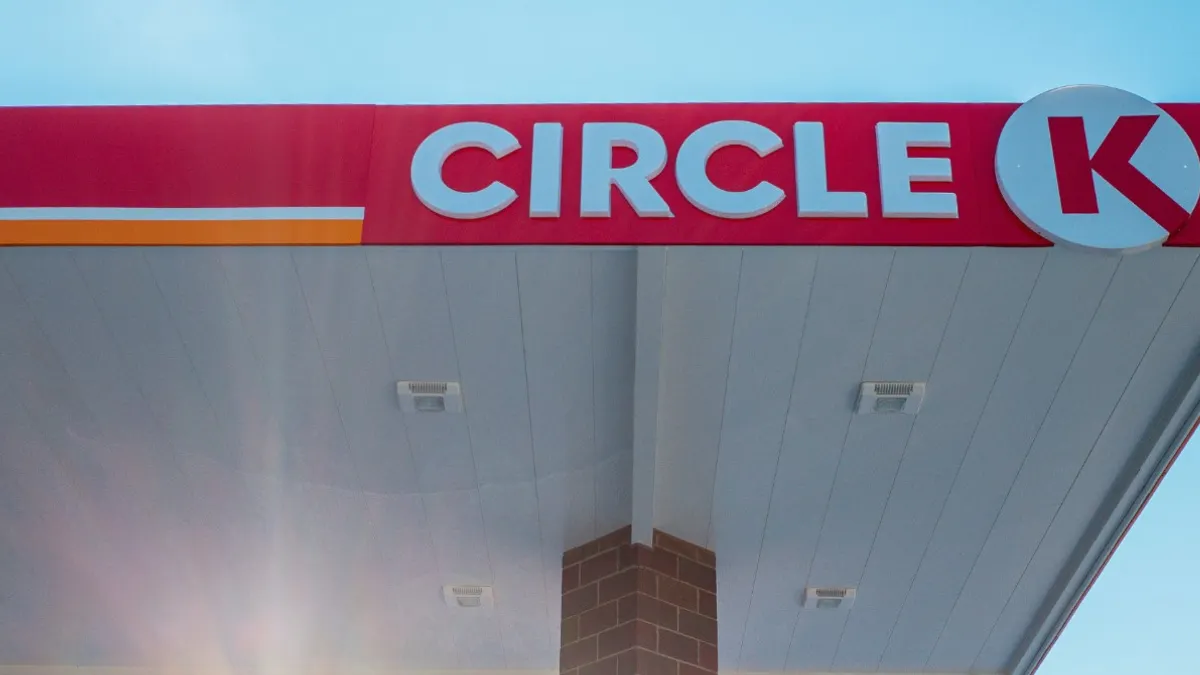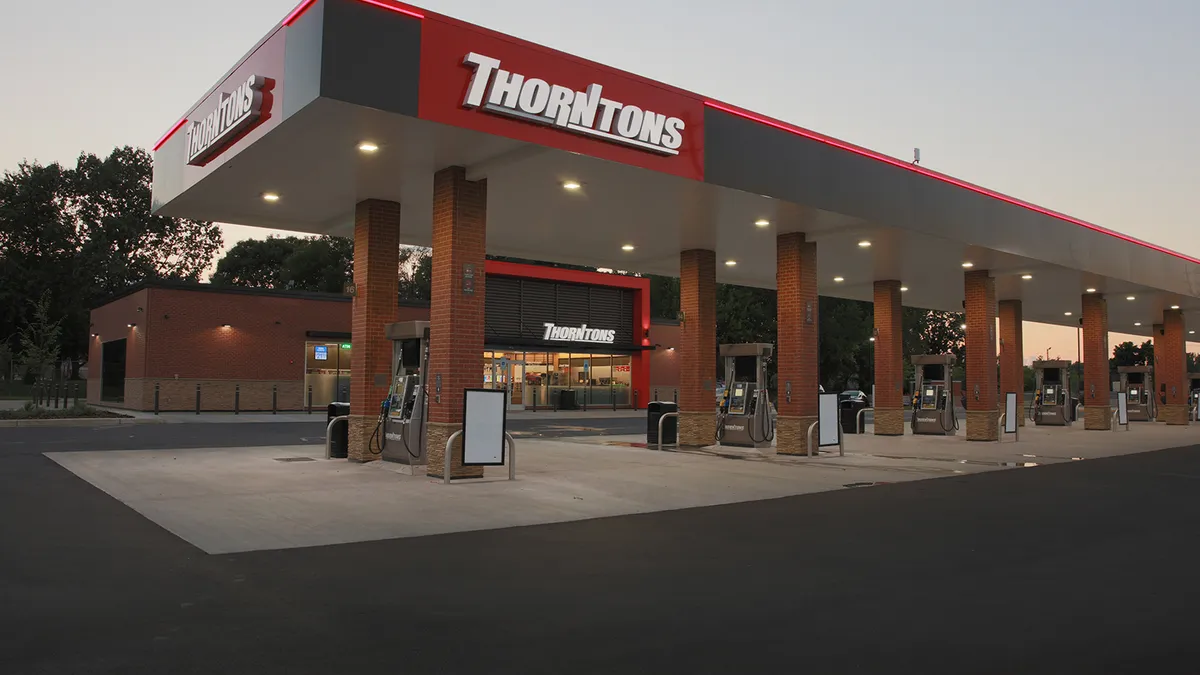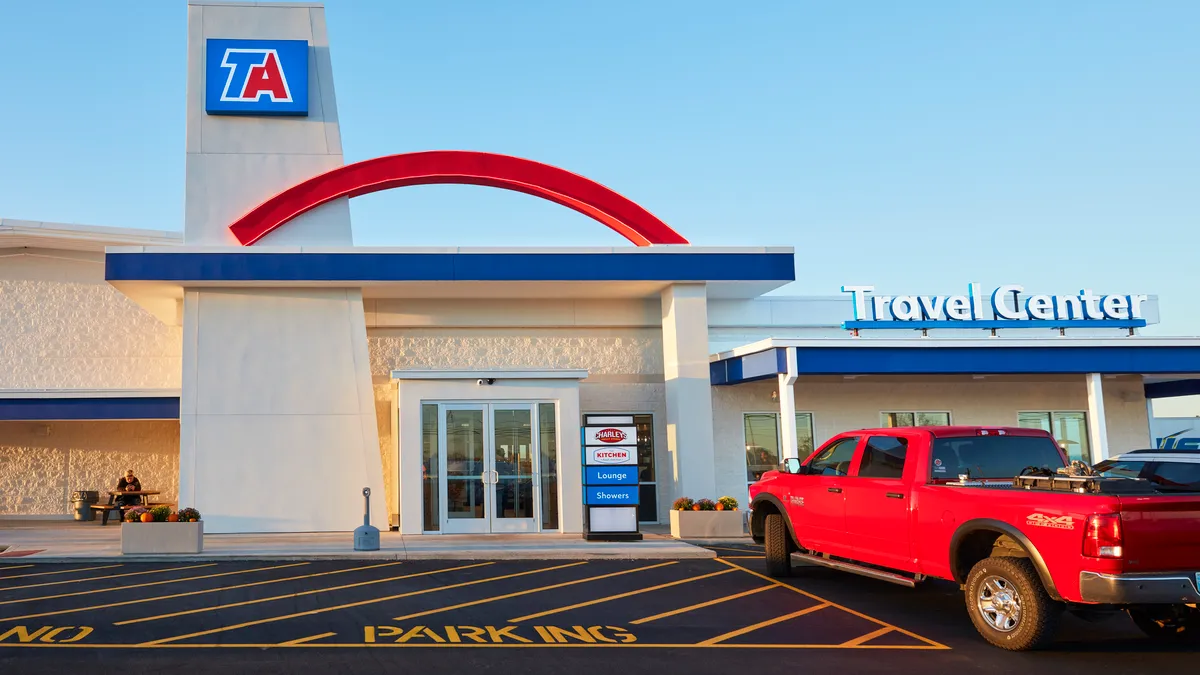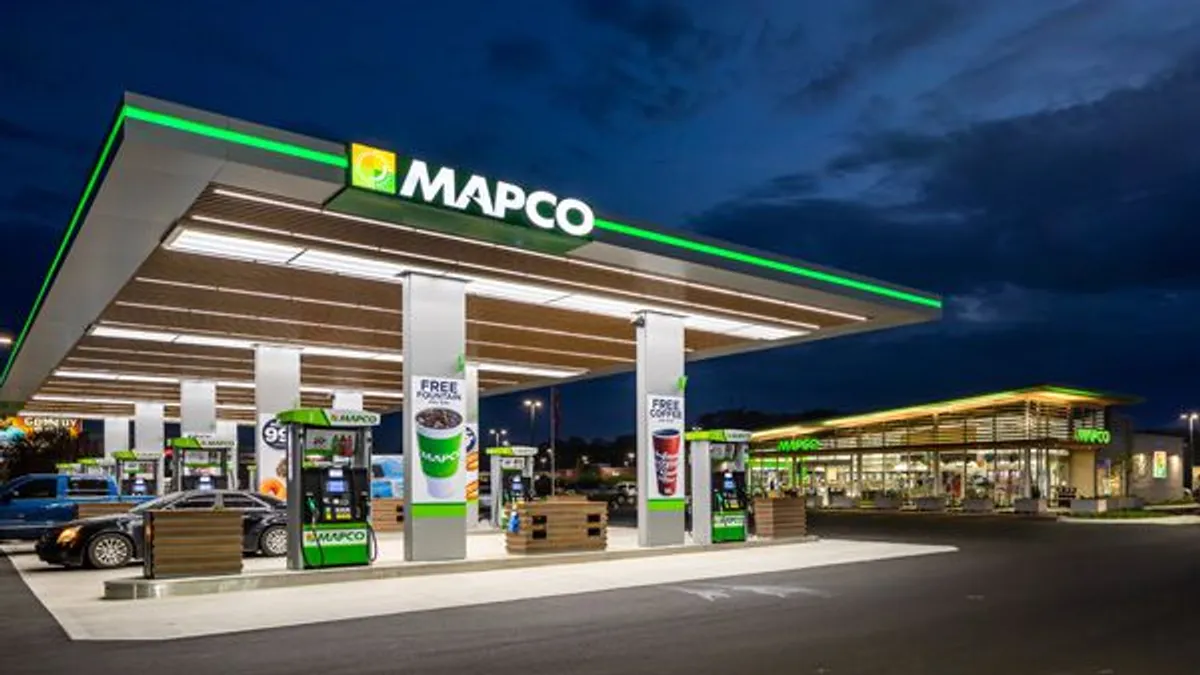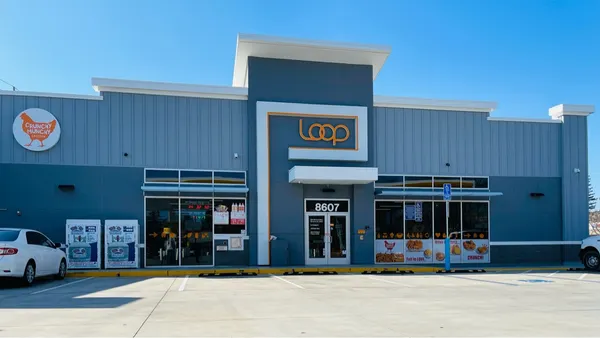Back to Basics is a monthly series that outlines how c-store operators can get valuable new services up and running.
Many convenience stores are turning to car washes to bring in new revenue and attract loyal, repeat customers.
There are a few car wash models that convenience store operators can explore, ranging from self-serve, in which customers wash their own vehicle using a hose and foam brush, to express wash systems, where cars are guided through a tunnel on a conveyor belt.
As the temperature heats up, operators may be wondering right now if a car wash business is right for them.
Car washes are “a growing trend and I recommend it when space is available combined with a strong site analysis,” said Tammy Rozga, president of Rozga Business Solutions, a c-store project management company.
However, keeping up with site maintenance and navigating steep upfront costs will be a challenge for any operator, experts say.
Ensure the site is right
When starting a car wash, operators first need to conduct a trade area and demographic study to see if adding one would provide a return on investment, said Rozga. The analysis should review local demographics including the number of residents near the site. It should also factor in, among other things, the area’s income levels, the number of cars passing by their site daily and the volume of commuters, she said.
Car washes have experienced a lot of success in densely populated residential areas and around destination shopping centers, said John-Michael Tamburro, managing director of Car Wash Advisory, a firm that helps businesses sell their car washes or raise money to acquire or expand them.
The more traffic on the road where the car wash is located, the better, said Tamburro. However, car washes can also work on sites where traffic is slower, provided the facilities are well placed and provide a simple way to enter and exit
“You just want to make it as easy as possible to get in and out of your wash,” Tamburro said.
There are many variables that factor into a car wash’s profit margin, such as demographics and the model of the wash, said Tamburro. A self-serve car wash — which requires the least money to start and operate — typically brings in between $100,000 to $500,000 in take-home profit annually, he said. Automated car washes can earn between $250,000 and $2.5 million in profit annually.
Realistically, it can cost less than $1 million to get a self-serve car wash running. Express car washes, including real estate costs, can cost upwards of $6.5 million, Tamburro said.
For c-stores that already have enough land, building a self-serve car wash can be an affordable venture, said Tamburro. If it’s run decently well and it has the right demographics and traffic conditions, operators could see a payback period of roughly five years, he said.
“That would have the lowest capital investment and the highest probability of getting a return on your investment,” Tamburro said.
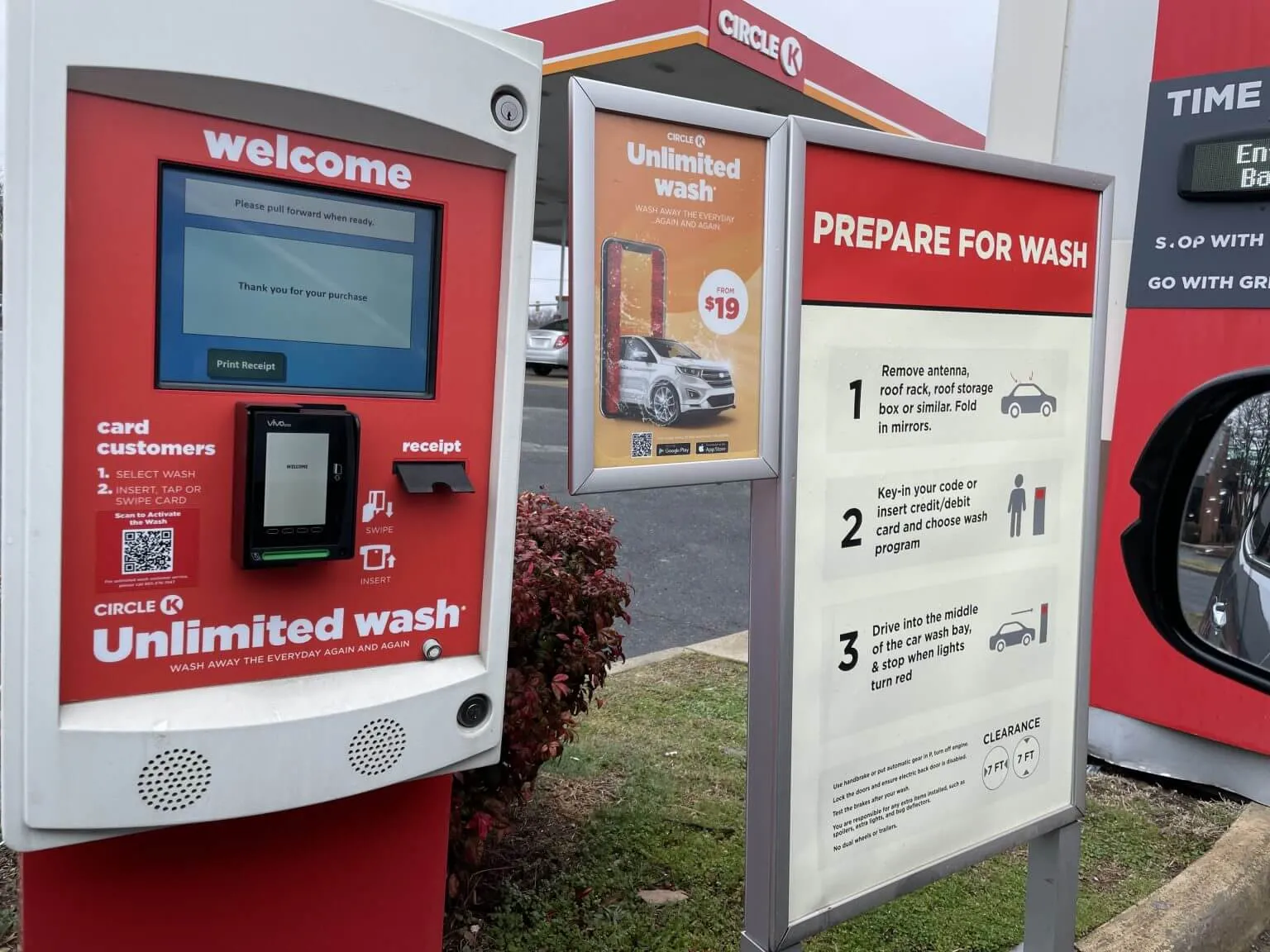
However, Tamburro added that tunnel car washes may not be appealing to c-store operators because they are expensive and turning a worthwhile profit is challenging.
“I look at car washes every day. I know the numbers, I know how they should be run, I know what people should be doing — but if I had to go and do it, it would be very difficult,” he said.
Memberships can make repeat visitors
A growing number of convenience stores and gas stations have been building exterior express model car washes that include club memberships and loyalty programs, said Patrick Riley, equipment sales manager for Sonny’s CarWash Services Northwest, a car wash consulting company.
Memberships that allow customers to get their car washed every month for a set fee is a “key way to get customers to be loyal to your program,” said Rozga. Many chains, from massive players like Circle K to more regional players like Dash In and FastLane already have subscriptions available to their car wash services.
The technology that runs membership programs has improved in recent years and such programs provide user-friendly payment systems, Riley said.
“The development and ease of membership programs has driven the development of the express role,” Riley said. “Over the past 10 years it has been the craze.”
“What you're doing when you're adding that carwash is you're adding an additional profit center.”

Tammy Rozga
President of Rozga Business Solutions
While subscriptions or memberships can be effective for full service or express washes, Tamburro said he hasn’t seen such a program deployed at self-serve car washes.
Convenience stores that also operate gas pumps should be providing incentives to wash their car and buy fuel at the same time as well, said Rozga. That could mean offering a discount on the wash when they fill up or a discount on gas when they buy a wash.
The car wash can also draw new customers to the convenience store, she said. Stores with express washes should offer a good food and beverage program in their stores so that customers can grab breakfast or lunch or other products while they wait for their car.
“What you're doing when you're adding that carwash is you're adding an additional profit center,” said Rozga. “They can use all three profit centers in one trip.”
Managing the employee lift
To provide a high-quality experience for their customers, car wash operators need to ensure proper staffing, conduct regular maintenance, make sure the soaps are filled and keep the waiting areas clean and tidy, said Rozga.
C-stores don’t need to hire extra staff to run an automated or self-serve car wash, said Riley. They can just have an existing employee check to make sure it’s on and that the bays are clean. But if they have an express exterior model, they should have a worker on site to make sure that the machine is working properly throughout the day and to assist customers.
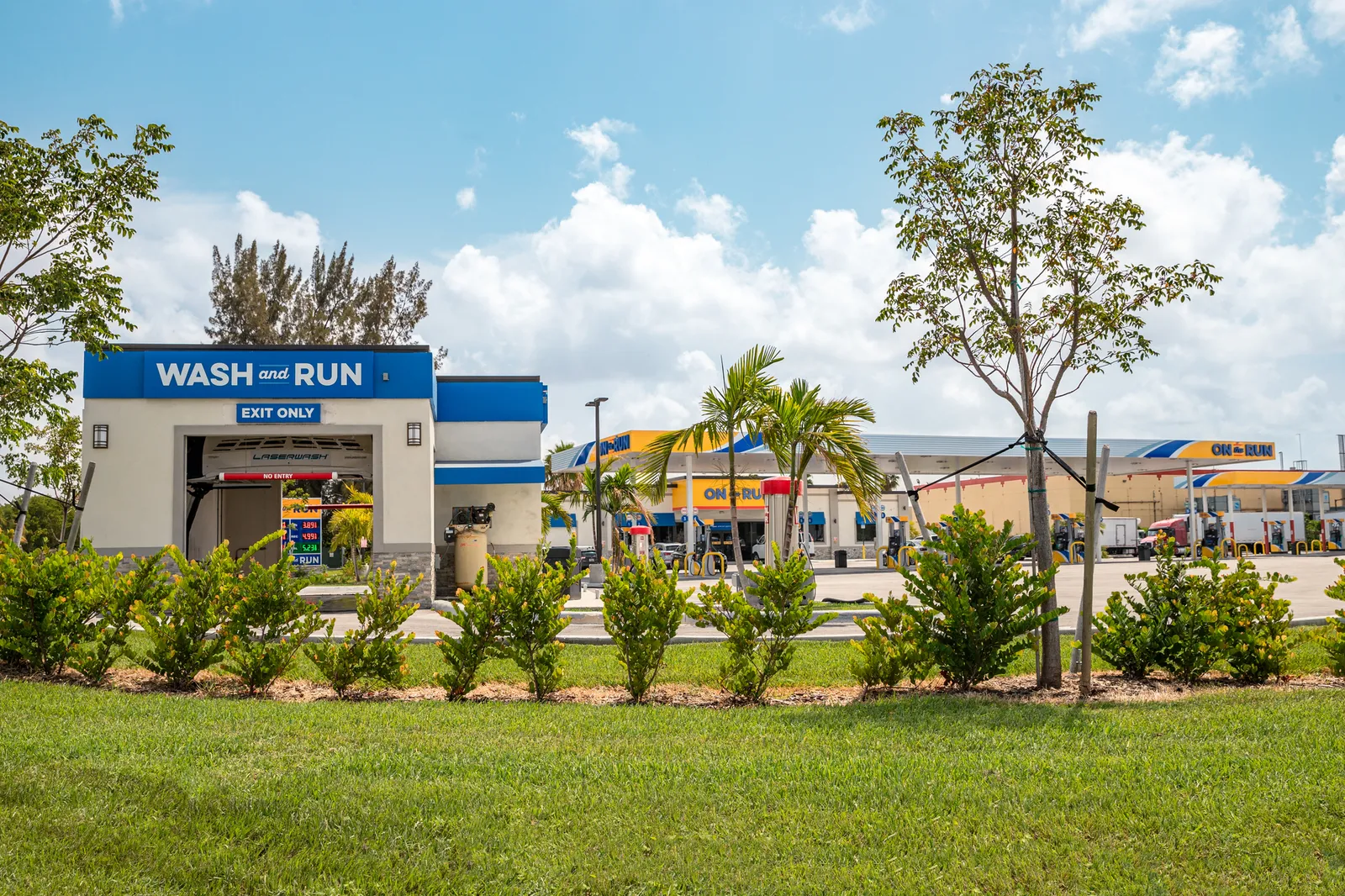
Employees can help get cars through the wash quicker and more efficiently, improving business volume, he added.
Car washes can also include teams of people that wipe down excess water off of cars after they exit and even provide some free detailing or interior cleaning, said Rozga. However, doing so requires extra space for them to work, as well as proper staffing and ensuring the waiting areas are comfortable, well-maintained and temperature controlled.
Maintenance and repairs costs typically average 4% to 6% of a car wash’s revenue, said Tamburro, but will depend on how well an operator takes care of their equipment, he said.
Car wash operators should have someone on staff who checks their washers daily, weekly and monthly, said Riley. That person should make sure the machine and facility is clean, soaps are applied as they should be, brushes are spinning properly and that there are “no squeaks, leaks or bangs,” he said. That includes conducting a dry run of the car wash before it opens for the day.
Bolstering the offering
There are a number of extra features car wash operators can introduce to make their product even more appealing to customers.
For self-serve washes, people want high-pressure hoses, good chemicals and features like chamois to hand dry their car or machines to wash car mats, said Tamburro. Some facilities also have vending machines in their bays that sell items like Windex or air fresheners.
Express wash customers also enjoy lights, foam and color when driving through the express car wash, or the car’s extra shine at the end after certain polishes are applied, said Riley.
When first starting out, express wash operators should hand out free washes for the first month if they can afford to do so, said Rozga. That allows them to train their staff, work out the operational kinks and ensure everything is running smoothly, while gaining exposure for the new car wash.
“You're getting a lot of cars through, you're letting your customer base know that you have an awesome car wash on that corner now,” said Rozga. “And once they have a great experience, chances are they're going to come back. But if they don't have a great experience, it was free commerce.”

